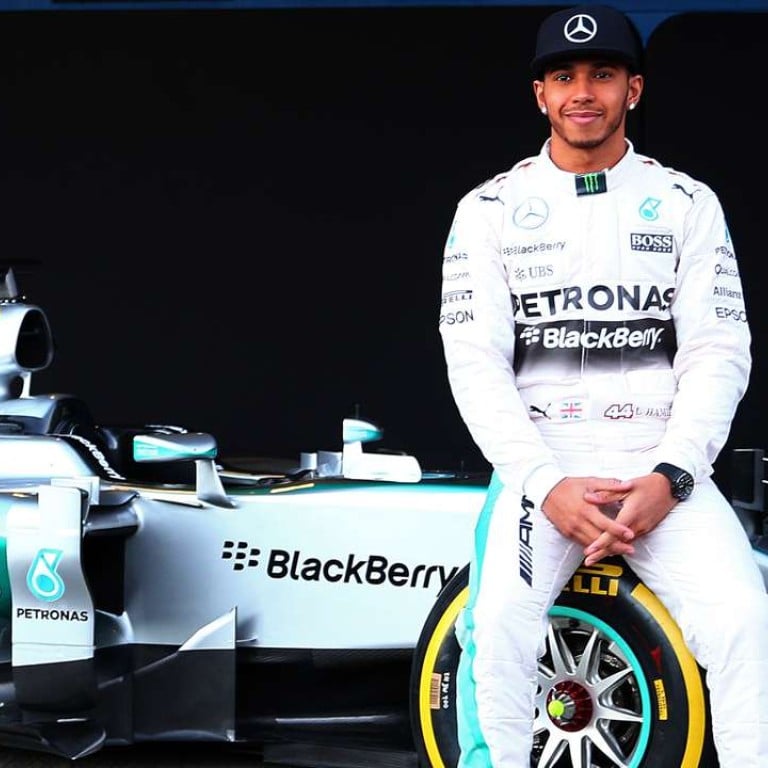Lewis Hamilton says fate has played a part in his race to Formula One stardom

British driver for the Mercedes AMG Petronas team is grateful for having found himself in the right place at the right moment when younger, and understands the importance of split-second timing
As one of the world’s top Formula One drivers, time and speed are everything to Lewis Hamilton. A millisecond can mean the difference between success or failure.
“As drivers, we chase our time,” Hamilton says. “The cars are developed to find the smallest amount of time. Sometimes you qualify by just 0.001 seconds ... So, timing is almost the most important thing. It’s very precious.”
It’s an appreciation that the Mercedes AMG Petronas team driver applies to his professional and his personal life. “It’s about making sure you maximise what you have ... For me, time is everything. I don’t waste time.”
Hamilton certainly has much to be grateful for. Born in Stevenage, Hertfordshire, England, Hamilton had his first brush with racing at the tender age of six, when his father bought him a radio-controlled car and he ended up winning against adults in competitive races.
Seeing his interest in the sport even at that early age, his father bought him a go-kart and Hamilton started winning races by the time he was eight. After one of his races, the 10-year-old Hamilton approached McLaren F1 team head Ron Dennis for an autograph and announced: “One day I want to be racing your cars.” Five years later, Hamilton signed on to the McLaren development programme.
“It’s pretty unbelievable. I really do believe in fate and that things happen for right reasons, but [for] having been in the right place at the right time to seize the moment, I’ve been grateful,” says Hamilton, who has had the most race victories in the history of British Formula One.
Sometimes you qualify by just 0.001 seconds ... so, timing is almost the most important thing. It’s very precious
After racing for more than two decades, the 32-year-old has seen some of his priorities change as he has grown older. “Until about three years ago, it’s just been racing, racing and racing ... it can be too much and you miss other things in the world,” he says.
“So I made changes. I spend more time with friends, family and [doing] other things I love – like music and fashion. So, [I’m] trying to discover more and spread it more out. I’m still doing [a fair] job, hopefully better than anyone else.” Hamilton is also very aware that, as a race driver, his continuing career success is very dependent on him keeping his reflexes and, although the career longevity of race drivers might exceed that of most other sports people, there will come a time when he will have to slow down. “Most drivers stop around 37, 38. I’m starting my new three-year contract this year. Hopefully, another three years after that. I’ll try to think what I’m going to do after that ... I definitely want to do more with kids in less privileged countries. I love kids.”